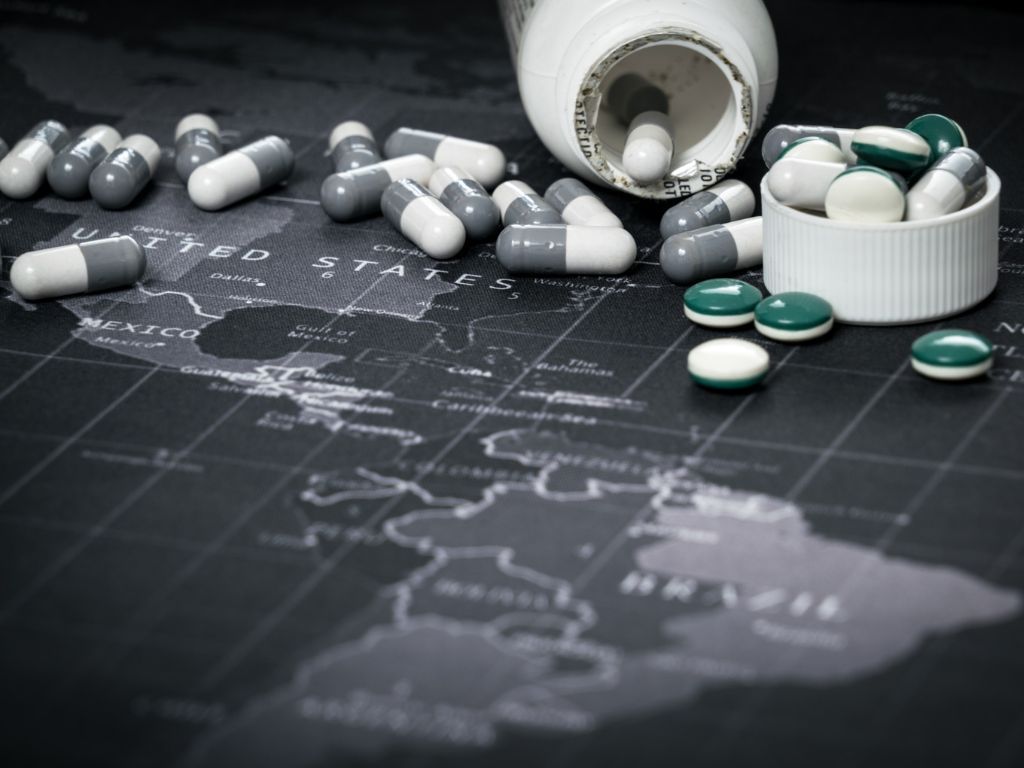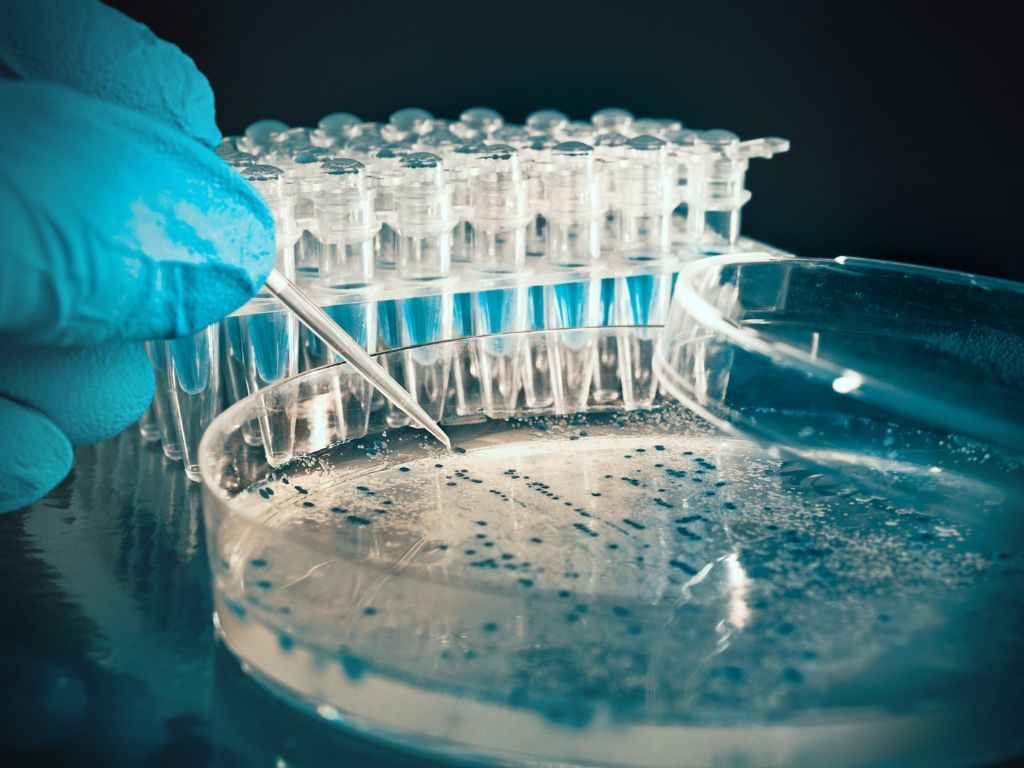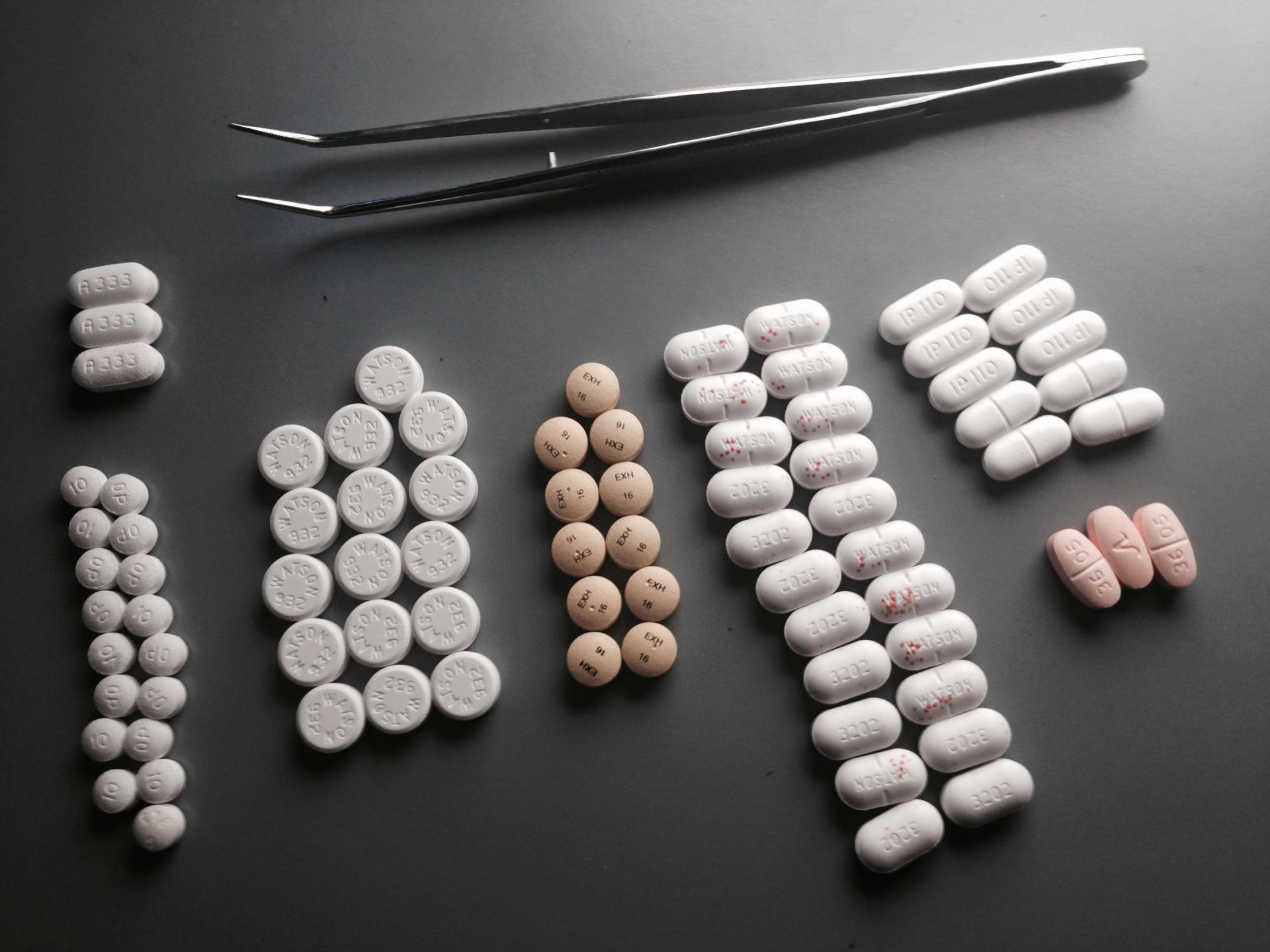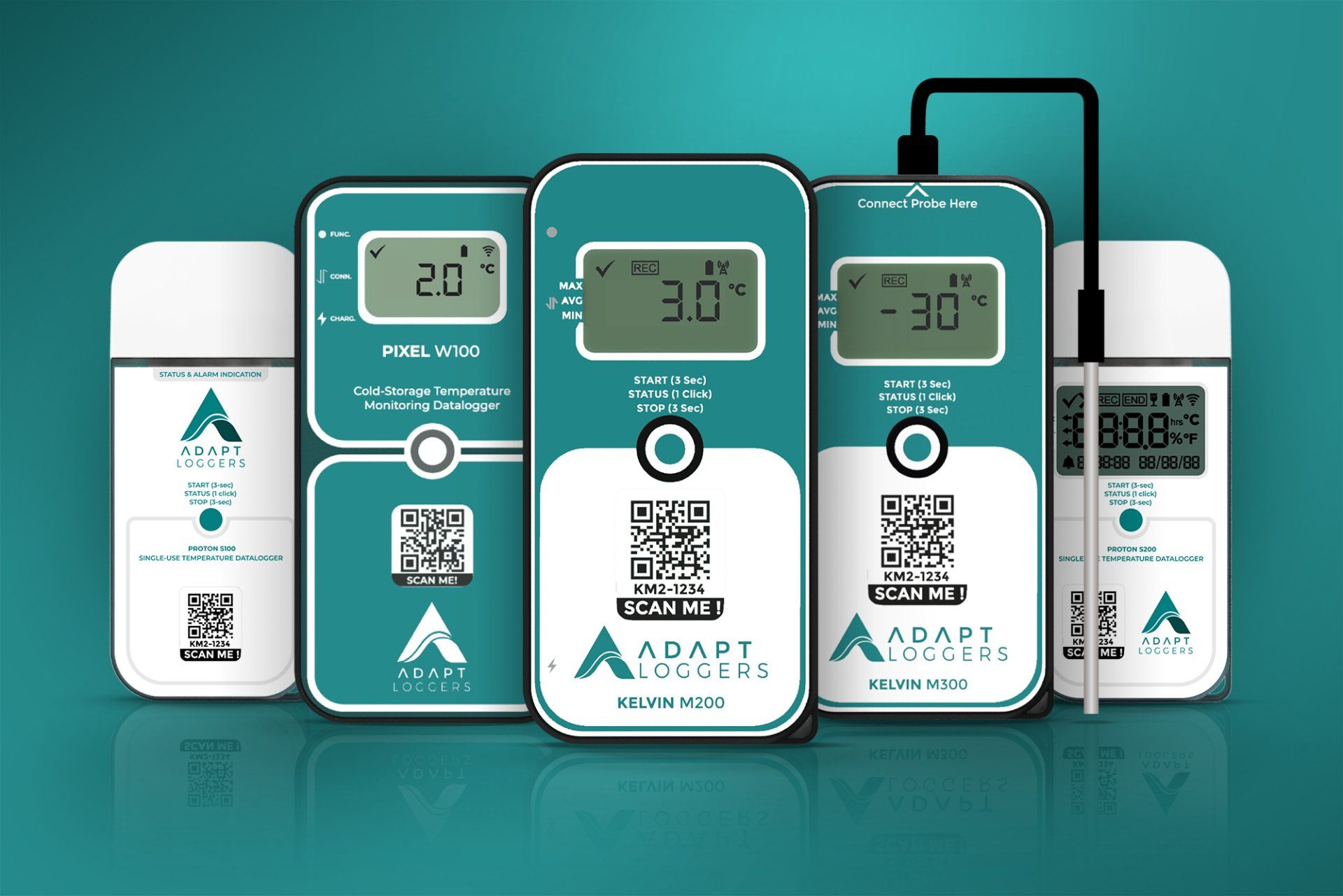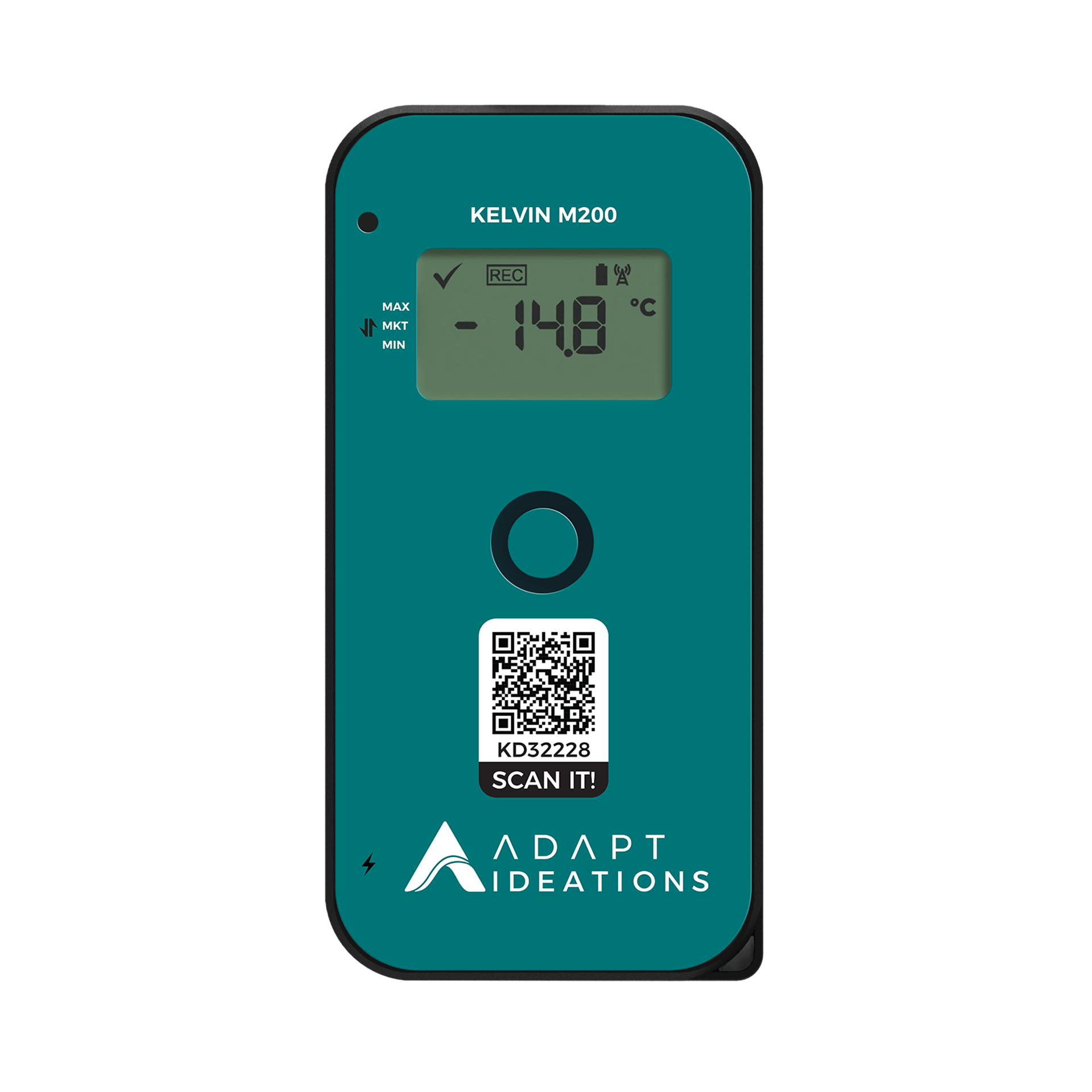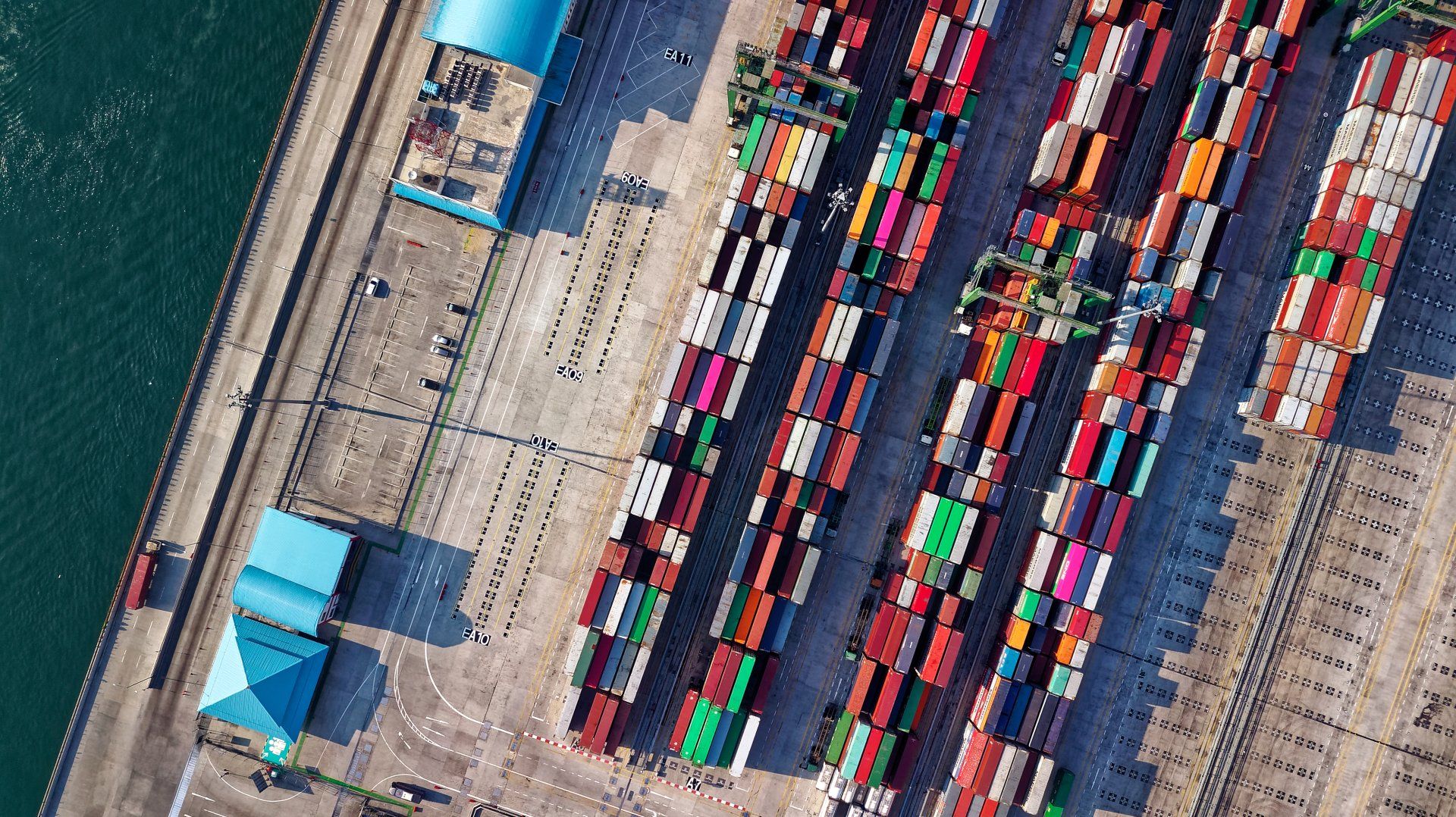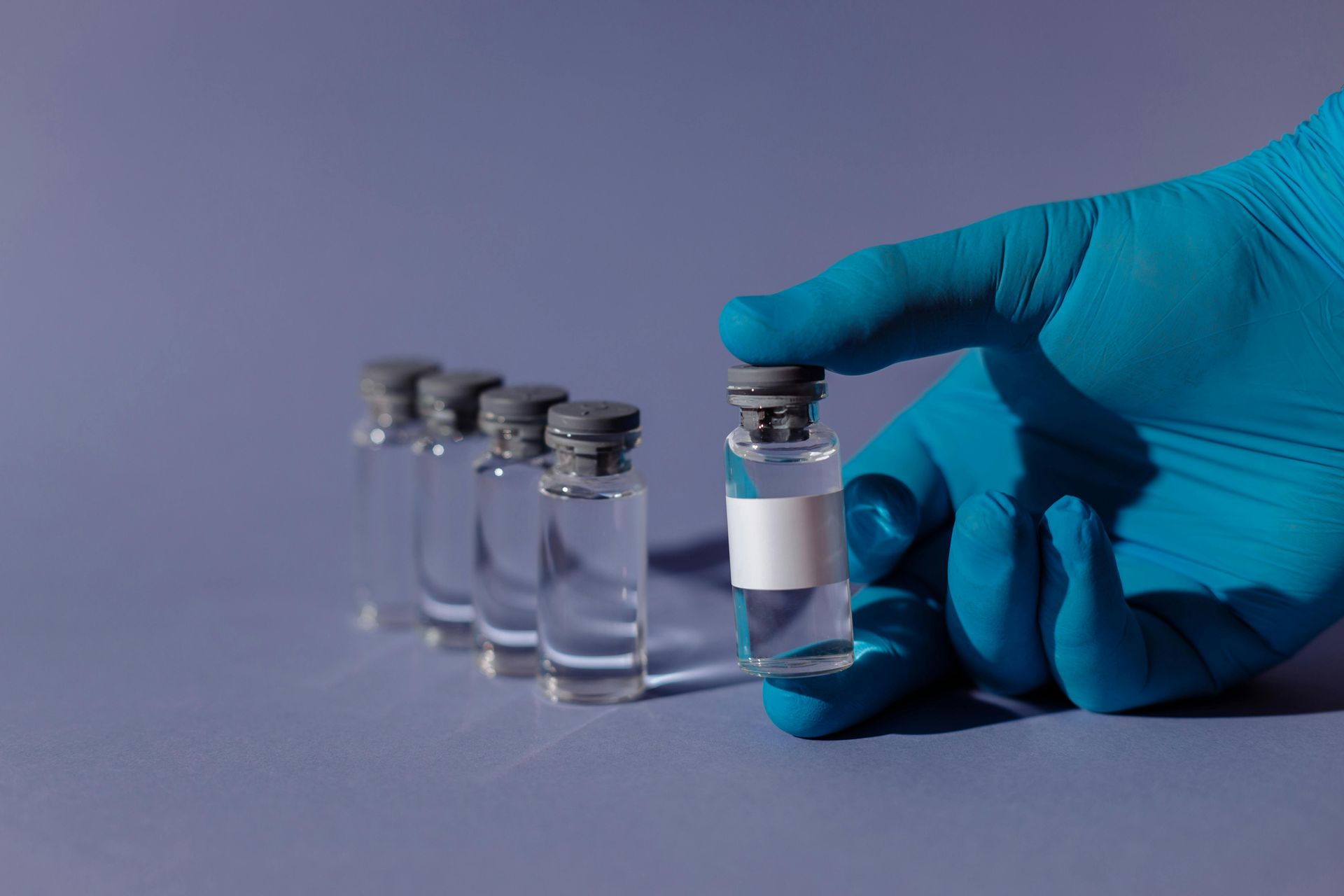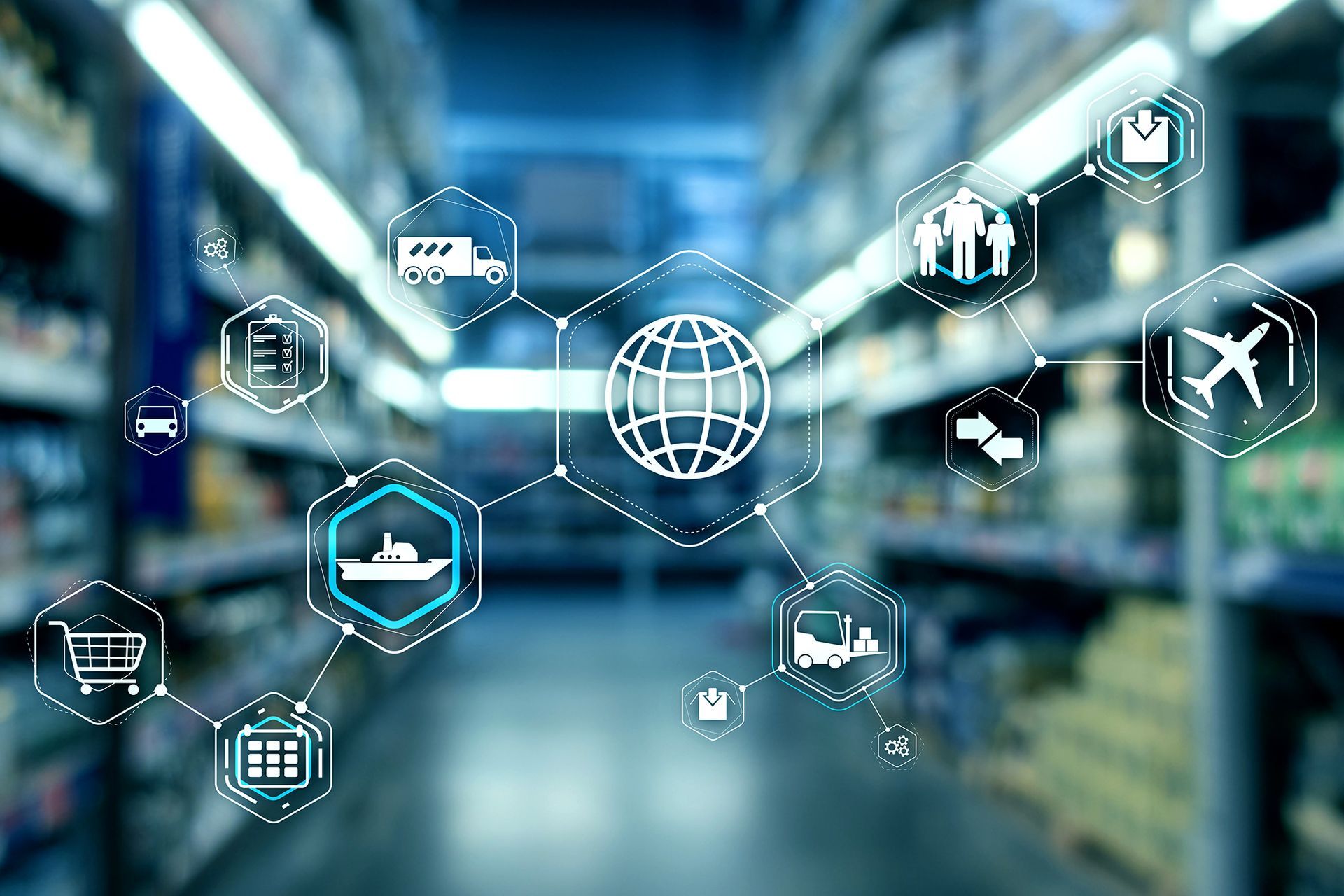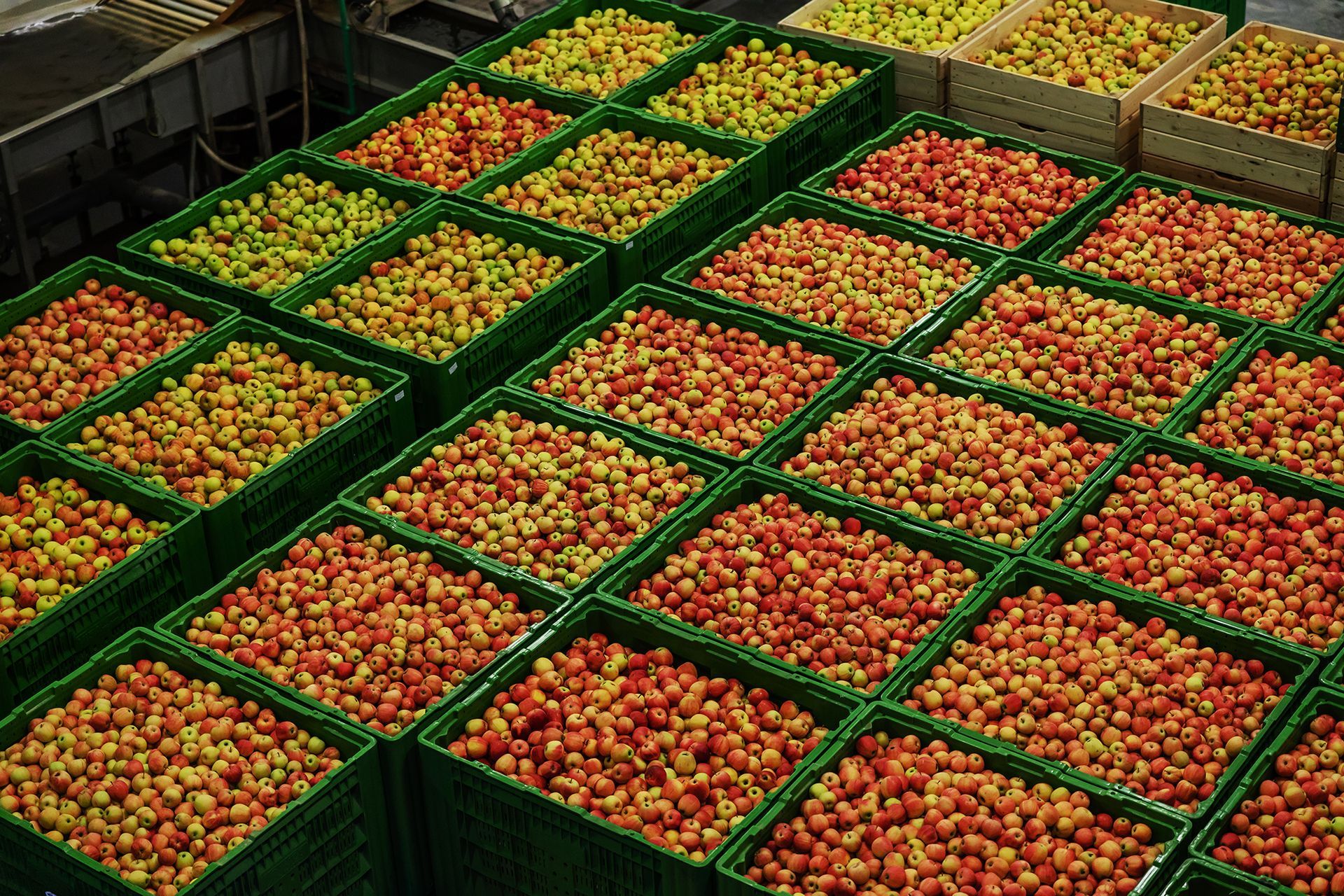In today's modern world, the pharmaceutical industry is essential for maintaining public health and welfare by delivering life-saving treatments and medications. Furthermore, the sector faces numerous difficulties that could adversely affect product effectiveness, reliability, and safety. In order to maintain the efficacy and viability of temperature-sensitive medications, adequate storage, and transportation of these substances present a challenge that calls for careful temperature monitoring and control. That's where temperature data loggers come in.
A temperature data logger is a compact, battery-powered device that records and maintains temperature data over a specified time period. In order to monitor and record temperature conditions, these sensors can be installed in refrigerators, freezers, shipping containers, warehouses and other temperature-controlled settings. The pharmaceutical industry may solve some of its most pressing challenges by employing temperature data loggers to ensure that temperature-sensitive medications are transported and stored appropriately, preserving their efficacy and patient safety.
In this blog, we will discuss 10 common problems faced by the pharmaceutical industry and how temperature data loggers can act as a solution. From ensuring compliance with regulations to reducing spoilage and waste, temperature data loggers are an essential tool for the pharmaceutical industry to maintain the quality and safety of its products.
How Do Temperature Data Loggers Work?
Temperature data loggers monitor and record the temperature and other vital conditions of any asset, commodity, package, or cargo and their particular surroundings. In addition, it is usually used for perishable goods that are temperature-sensitive, such as vaccines, medications, and food & drinks.
The thermistors or thermocouples found in data loggers sense and record the temperature regularly. Additionally, it has a storage memory system in place where this data is kept.
Data loggers are often battery-powered, so data is recorded and relayed at regular intervals. Modern data loggers are lightweight, portable, cloud-connected, and simple to operate.
Both throughout the trip's transit phase and during storage, all data that was recorded can be seen. Data loggers can support a range of capabilities and technology such as USB cable plugin techniques, cloud-technology, RFID, IoT, API integration and a range of reporting systems. These data logger devices also record and report on other variables in addition to temperature, such as humidity, shock, tampering and numerous others.
Top 10 Ways Temperature Data Loggers Can Solve Pharma Industry Challenges
The pharmaceutical industry is a crucial component of the healthcare system as it is responsible for developing, manufacturing, and distributing life-saving medications. As with any industry, its production and distribution processes are not immune from challenges. Moreover, these issues can result in higher costs for the industry, such as reduced profits and impacts to the quality and efficacy of drugs.
Covid vaccines have suffered 30% spoilage
in some cases due to cold chain breaches or challenges experienced with supply chain management during distribution. This rate of wastage can be easily reduced by using a data logger device that can detect when violations occur. Here are some other challenges of the pharma industry that temperature data loggers can solve.
1. Drug Stability, Preservation, and Quality Control
Maintaining the quality of temperature-sensitive products is a critical concern for the pharmaceutical industry. A temperature data logger can accurately monitor the temperature during the storage and transportation of pharmaceuticals. This ensures that the drugs remain within the required temperature range to maintain their stability and effectiveness ultimately ensuring quality control and compliance has been maintained.
2. Temperature Excursions During Transportation
One of the main problems faced by the pharmaceutical industry is ensuring that temperature-sensitive products remain within a specific temperature range during transportation. In the event of temperature excursions, a temperature data logger can quickly detect and alert stakeholders to prevent damage to the drug.
3. Regulatory Compliance
The pharmaceutical industry is heavily regulated, and compliance with regulatory requirements is crucial for ensuring the safety and efficacy of products. Temperature data loggers can provide a comprehensive temperature history of a drug, which can be used to demonstrate regulatory compliance and reduce the risk of regulatory fines.
4. Supply Chain Management
Managing the storage and distribution of temperature-sensitive products can be challenging for the pharmaceutical industry. A data logger device can help track the temperature of drugs throughout the entire supply chain, from manufacturing to delivery, to ensure that they are transported and stored under optimal conditions. Further, it would help pharmaceutical companies in providing valuable information for their inventory management processes.
5. Cold Chain Management
The pharmaceutical industry relies heavily on the "cold chain" to maintain the stability and efficacy of temperature-sensitive products. For temperature-sensitive drugs, a temperature data logger can help ensure that the cold chain is maintained throughout the entire distribution process, from the manufacturer to the end user.
6. Monitoring Equipment Performance
The performance of temperature-controlled equipment, such as refrigerated trucks or reefer trucks and storage units, is crucial for ensuring the stability and efficacy of temperature-sensitive products. A temperature data logger can be used to monitor and record the performance of temperature-controlled equipment, providing valuable information for maintenance and repair.
7. Real-time Monitoring & Improved Transparency
A temperature data logger can provide real-time temperature monitoring, which can be especially useful for critical shipments that require continuous monitoring. It can also provide a clear and transparent record of temperature conditions, which can help to increase trust and confidence in the pharmaceutical supply chain.
8. Root Cause Analysis
In the event of a temperature excursion or other quality control issues, the pharmaceutical industry often needs to perform a root cause analysis to determine the cause of the issue and prevent it from happening again in the future. A temperature data logger can help to identify the root cause of the problem, allowing stakeholders to take corrective action and prevent similar issues in the future.
9. Route Optimisation
The pharmaceutical industry often needs to optimise delivery routes to minimise costs and ensure timely delivery. A temperature data logger can provide valuable information for optimising delivery routes by allowing the monitoring of temperature-sensitive products during transit and also fulfilling OTIF demands.
10. Better Decision Making
With accurate temperature data, pharmaceutical companies can make informed decisions about the transportation, storage, and distribution of their products, improving overall efficiency and reducing waste.
Read about
-
The Digitalisation Of The Pharmaceutical Cold Chain
How Might Adapt Ideations Assist Pharmaceutical Companies?
In conclusion, the pharmaceutical industry is facing several challenges, including strict regulatory requirements, rising costs, and increasing pressure to improve patient outcomes. Fortunately, we at Adapt Ideations provide a range of such devices that offer solutions to many of these challenges. For example with the use of KELVIN M300 and PIXEL W100, pharma companies can attain real-time monitoring of temperature and other vital conditions. View our full product range to learn more about temperature data logger devices.
Get in touch with us today at enquiries@adaptideations.com for further information on our solutions.
Awards & Recognition
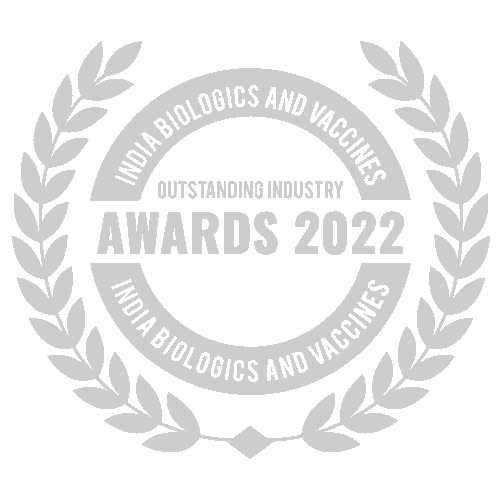
Best Temperature Monitoring Solution Provider
Awarded by India Biologics & Vaccines Outstanding Industry Awards 2022

Adapt Ideations Recognised As A Supply Chain Leader
by Alcott Global on Supplify's Supply Chain Tech Map 2.0
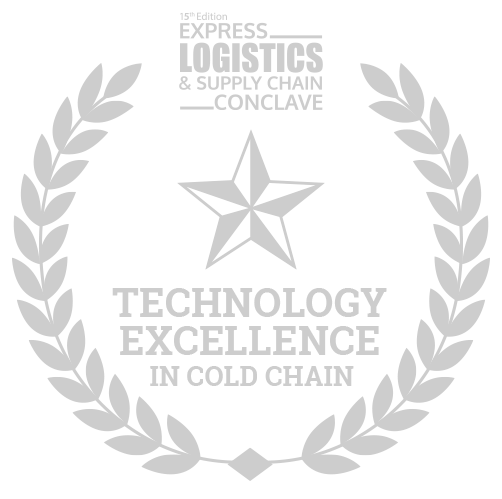
Related Articles.
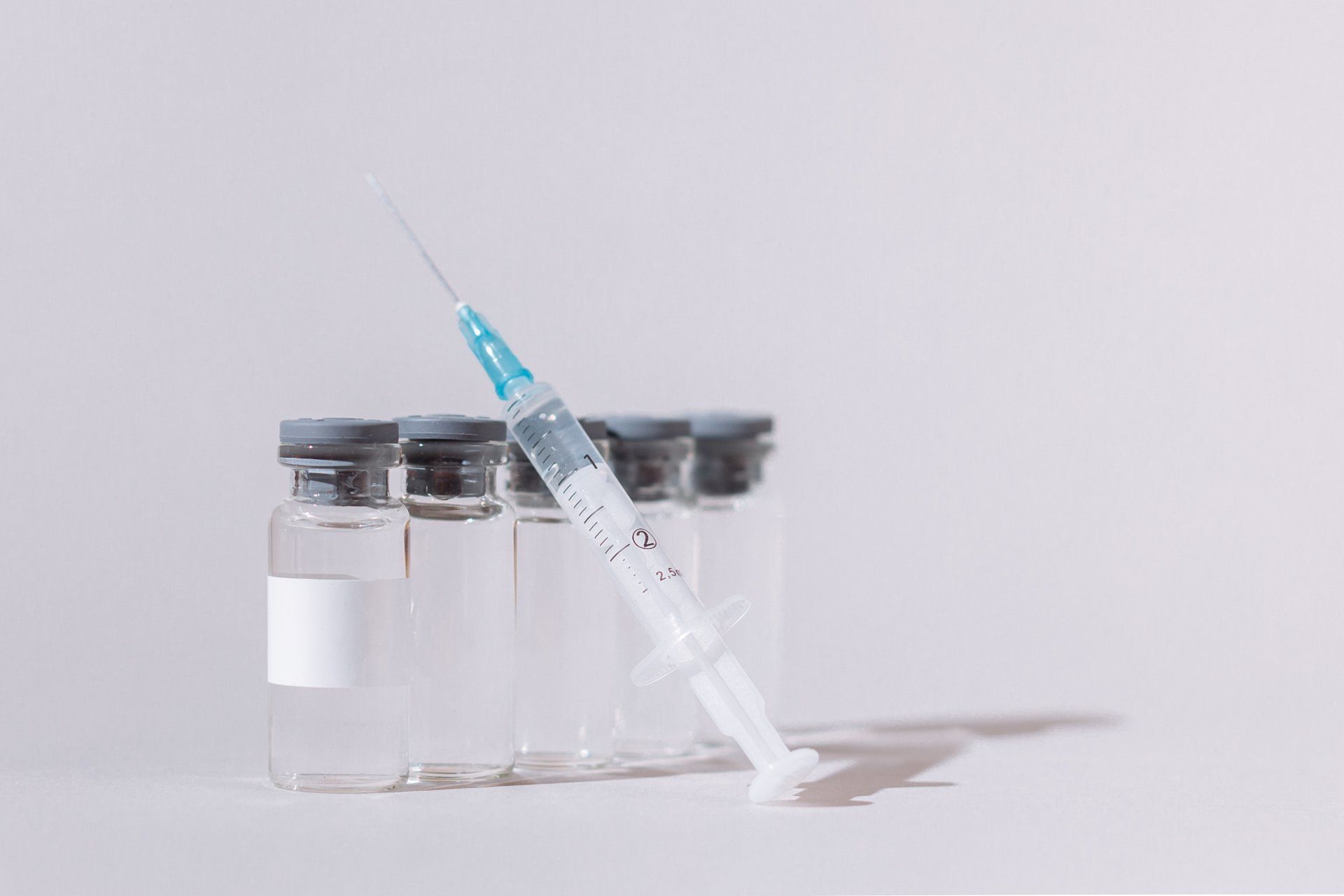


Our Guides.
Sign up to our monthly newsletter!
Thank you for signing up.
Please try again later
